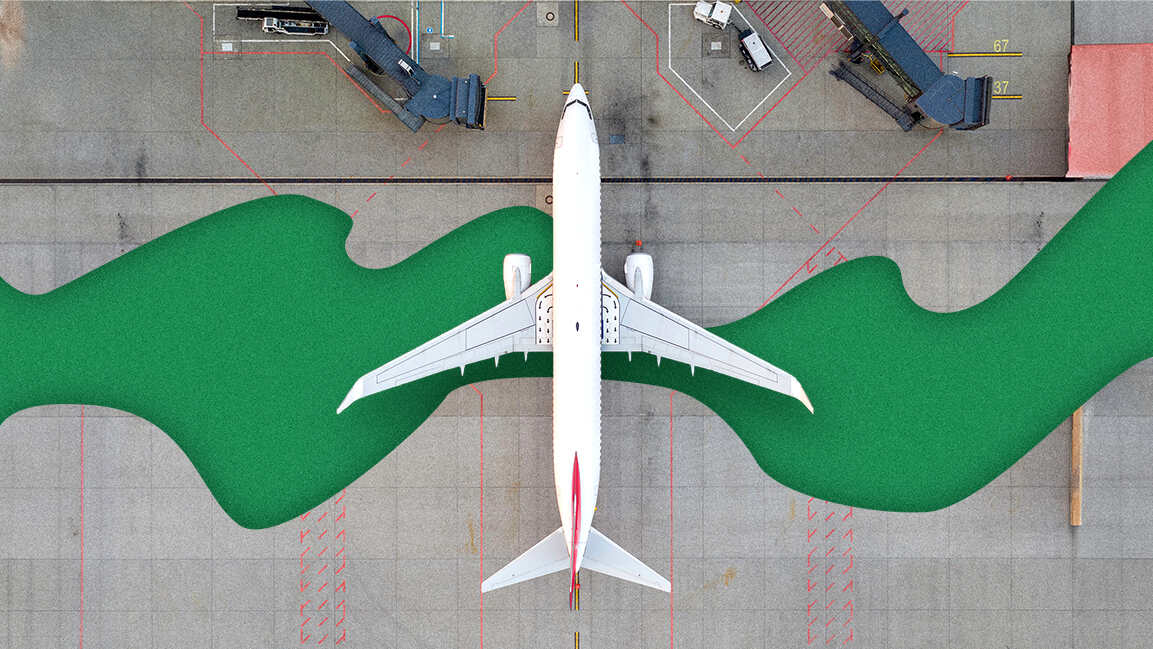- | 1:00 pm
Red Sea Global introduces sustainable aviation fuel in Saudi Arabia
This initiative complements RSG’s broader sustainability efforts, including Fly Red Sea’s commitment to exclusively using sustainable fuels like SAF and LCAF.

Red Sea Global (RSG), the developer behind The Red Sea and AMAALA regenerative tourism destinations, has introduced Sustainable Aviation Fuel (SAF) to Saudi Arabia for the first time, marking a significant step towards sustainable aviation.
John Pagano, Group CEO of Red Sea Global, said, “Travel is a way to bridge cultures, broaden horizons, and regenerate the mind, body, and soul. But travel has a cost, especially for our planet. That is why we promised to transform the industry, moving it towards a sustainable, regenerative future. By bringing Sustainable Aviation Fuel into the Kingdom, we are dramatically reducing our guests’ personal carbon footprint from the moment they arrive and even after they leave.”
This initiative complements RSG’s broader sustainability efforts, including Fly Red Sea’s commitment to exclusively using sustainable fuels like SAF and LCAF. RSG also aims to use solar power for all operations and restore 50 million mangroves by 2030.
Michael White, RSI’s Chief Commercial Officer, added, “Introducing sustainable aviation fuel at Red Sea International Airport marks a significant milestone in our commitment to environmental stewardship and sustainability.”































